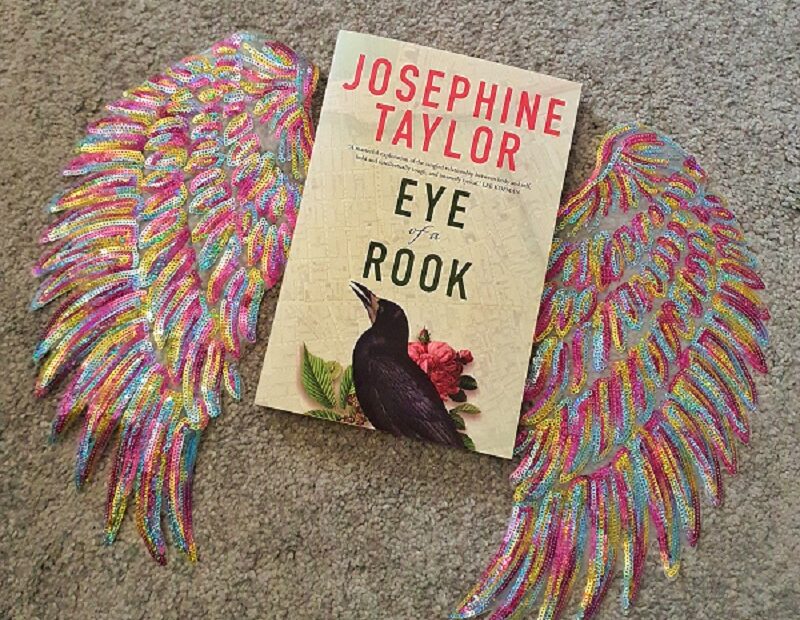Josephine Taylor
I loved this book. I was engrossed and became increasingly anxious to discover the conclusion. Eye of a Rook provides a window into the twin chronicles of two women facing achingly similar challenges across a span of time that should have brought more change but had not. This debut novel by Josephine Taylor is replete with artfully poetic language and compelling insights to the inner turmoil of its characters. It innately feels like an important one that promises potential long-lasting impact. Josephine has achieved a rich representation of experiences such as chronic pain and illness, medical gaslighting, and medical trauma. These are endured especially commonly by those living with chronic and poorly researched or understood health conditions.
It reveals the advocacy and resilient navigation of the medical system demanded of people living with chronic illness. In contemporary Western societies, the dominant narrative erroneously suggests we have successfully mapped the human body. It promises a model where disease and disorder simply require the seeking of diagnosis to then be cured. In an ableist world, this neglects how some conditions and experiences are not curable, and also implies that life with them are necessarily diminished in worth and quality, and burdensome on society. It also invisibilises the often arduous, inaccessibly costly, and emotionally draining journey to diagnosis.
What has typically been referred to as “women’s health” is a particularly opaque landscape. Pain, ongoing health problems, and embodiment of trauma, are still far too frequently relegated to the imaginations of the feminine mind. It you are read as woman, your feelings of pain and ill health are more likely to be dismissed or trivialised than those who are read as men. This novel dives into the personal worlds of conditions that have, over the years, been framed as the hysteria or psychological manifestations of the mythic irrationality and deliriums of women. It also provides a courageous and generous insight to the parallel journey undertaken by its talented author.
I suspect many people living with chronic conditions, invisible illnesses, and other conditions that are notoriously hard to diagnose (whether formally diagnosed or not) will feel familiar pangs of pain and suffering in reading this. The descriptions are viscerally evocative. I would also recommend this read to those who might be enmeshed In their lives, as family members or those empowered to influence their lives such as carers, advocates, and healthcare professionals. The agency, bodily autonomy, and authority of many ill and disabled bodies are often overridden or denied in our society. It happened in England of the 1800s and it continues to happen in contemporary Australia. I encourage you to find yourself immersed and invested in Emily’s and Alice’s journeys to understanding the vulvodynia they have come to live with.
About the Book
Published: February 2021
ISBN: 9781925816716
Pages: 232
Publisher: Fremantle Press
